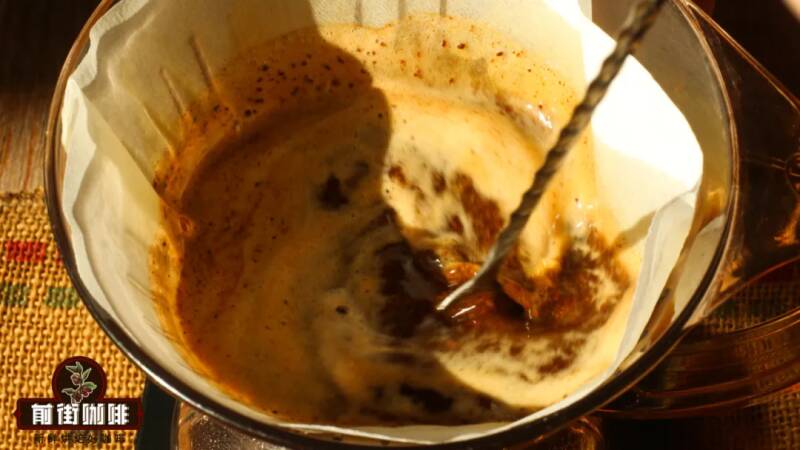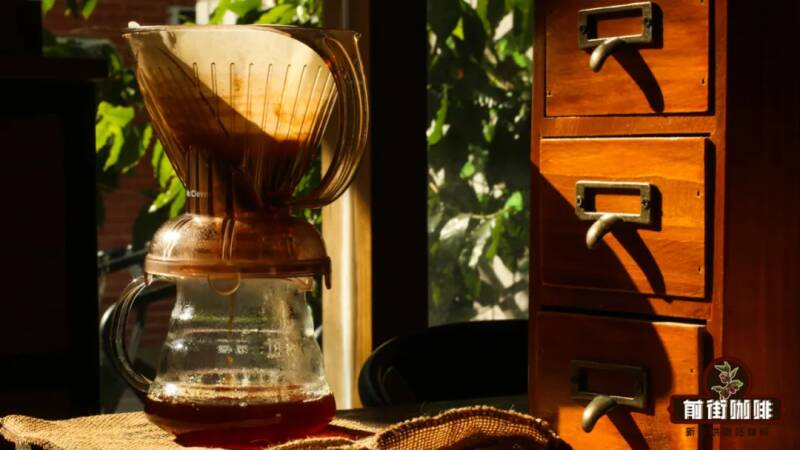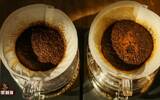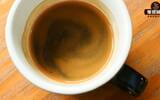Should I use soft water or hard water to make coffee by hand? How much TDS is the most suitable water for making coffee? Why does boiling water affect TDS?
As we all know, 98% of the ingredients in a cup of black coffee are water. Therefore, in order to make a good cup of coffee, in addition to certain requirements for the quality of beans, the choice of water is also very important.
Generally speaking, people's requirements for the water source of coffee usually focus on its TDS, such as the range in which TDS should be suitable for coffee brewing. But I never thought that in addition to TDS, the number of boiling times of hot water has also become the object required by some friends. Because they believe that coffee that boils repeatedly or boils more than two times does not taste as good as coffee brewed for the first time with fresh water. Repeatedly boiled water is not suitable for brewing coffee? Are you serious? In order to explore the truth of the matter, Qianjie specially conducted a round of experiments to see if the repeatedly boiled water is really not suitable for brewing coffee!
In the cooking experiment, first of all, two important "guests" of this experiment are invited. In order to make the experimental results more objective, in addition to tasting, we need accurate values to verify. And they are: a TDS pen that can measure water quality, and a concentration meter that can measure the concentration of coffee. See if brewing with different times of boiling water can affect the taste of coffee.
Because there are a large number of experiments to be carried out this time, we need to minimize the impact of artificial cooking. Therefore, the front street of this experiment does not use hand brewing, but uses smart cups to make coffee. Because the smart cup only needs to pour coffee powder and hot water into the soak, it can extract a pot of coffee with suitable concentration and extraction rate without using water column to create disturbing flow, which is the most suitable extraction method for many experiments.
At the same time, in order to ensure practicality, coffee is made after each pot of hot water is boiled in Qianjie, and then the remaining hot water is placed at room temperature before TDS measurement (because TDS cannot measure high-temperature water) and repeatedly boil and brew! The bean used in the front street is a medium-to-shallow baked Sidamo Sakuran 8.0! The parameters are as follows: powder quantity 15g, grinding degree: 85% overscreening rate of No. 20 sieve, 9.5 scale grinding of Ek43, fine sugar grinding, powder-water ratio: 1:15, water temperature: 94 °C, soaking time: 4 minutes. First, we lay the trapezoidal filter paper, and then pour in the coffee powder and hot water in turn.
Then take out the mixing spoon and stir 10 times so that the water and powder can come into contact more fully.

After waiting for 4 minutes, we took out the container, put the smart cup on it and filtered out the coffee.

After being filtered out, the concentration was measured and the coffee was tasted.
Then we cool the coffee and keep a small part of it for TDS testing. Boil the remaining hot water again, then cook it, and repeat it until the fourth cooking is complete.
The water source used in Qianjie is Nongfu Spring. Measured by the TDS test pen, the TDs values of boiled water for 4 times are as follows:
First boil: 34
Second boil: 38
Third boil: 43
Fourth boil: 47
It can be seen that with the increase of cooking times, the value of TDs is also increasing. In terms of concentration and extraction rate, the four cups of Sakuran are more or less the same, excluding the difference between water injection and stirring intensity, there is almost no difference. The same is true in taste, four cups of Sakuran are full of aroma, flavor show are very prominent, only in the taste there is a slight difference, basically not much difference. Ah! Don't rush to the conclusion, although the result seems to boil the water repeatedly will not have much effect on the taste of coffee, but! This is only because we boil repeatedly less often.
From the increase in the value of TDs, we can see why people do not advocate repeatedly boiling water (this article only refers to coffee)! The reason why the TDS value increases with the increase of the number of boiling water is that some dissolved solids may form scale in the process of boiling water, or it may be concentrated due to the evaporation of water, resulting in an increase in the TDS value. If we boil a pot of water repeatedly without adding fresh water, the water quality will indeed be reduced to a certain extent, which in turn affects the brewing and taste of the coffee. However, such a variable needs to boil a pot of water repeatedly many times, without adding fresh water. If we only boil repeatedly, there is no need to get too tangled up. Unless you have a very high demand for the taste of coffee and want to drink a cup of very fine coffee. In that case, it is best to control the amount of water, and it can be used almost at one time, so that the negative effect of "thousands of boiling water" can be avoided ~-END-
Important Notice :
前街咖啡 FrontStreet Coffee has moved to new addredd:
FrontStreet Coffee Address: 315,Donghua East Road,GuangZhou
Tel:020 38364473
- Prev

What does hand-brewed coffee mean? How to judge the freshness of coffee beans? How long is the best time to steam with your hands?
"Steaming" can be understood as the preparatory step in making hand-brewed coffee. Because after steaming, coffee powder can be better extracted by hot water to extract the flavor substances in the body. Therefore, steaming is a necessary step in most brewing methods. In addition to allowing beans to be better extracted, when steaming
- Next

What is black coffee? What is white coffee? Where is the origin of Australia and White? What are the characteristics of Flat white?
Black coffee is a technical term we are familiar with. It generally refers to all pure coffee that does not add any materials that can affect the taste other than water. Like hand-brewed coffee, iced coffee, American coffee... They all belong to the black coffee group. But since we talk about "black", it naturally reminds people of "white".
Related
- What grade does Jamaica Blue Mountain No. 1 coffee belong to and how to drink it better? What is the highest grade of Blue Mountain coffee for coffee aristocrats?
- What are the flavor characteristics of the world-famous coffee Blue Mountain No. 1 Golden Mantelin? What are the characteristics of deep-roasted bitter coffee?
- Can I make coffee a second time in an Italian hand-brewed mocha pot? Why can't coffee be brewed several times like tea leaves?
- Hand-brewed coffee flows with a knife and a tornado. How to brew it? What is the proportion of grinding water and water temperature divided into?
- What is the difference between Indonesian Sumatra Mantinin coffee and gold Mantinin? How to distinguish between real and fake golden Mantelin coffee?
- What does bypass mean in coffee? Why can hand-brewed coffee and water make it better?
- Unexpected! Ruixing Telunsu lattes use a smoothie machine to foam milk?!
- % Arabia's first store in Henan opens into the village?! Netizen: Thought it was P's
- Does an authentic standard mocha coffee recipe use chocolate sauce or powder? Mocha Latte/Dirty Coffee/Salty Mocha Coffee Recipe Share!
- What is the difference between Vietnam egg coffee and Norway egg coffee? Hand-brewed single product coffee filter paper filter cloth filter flat solution!

